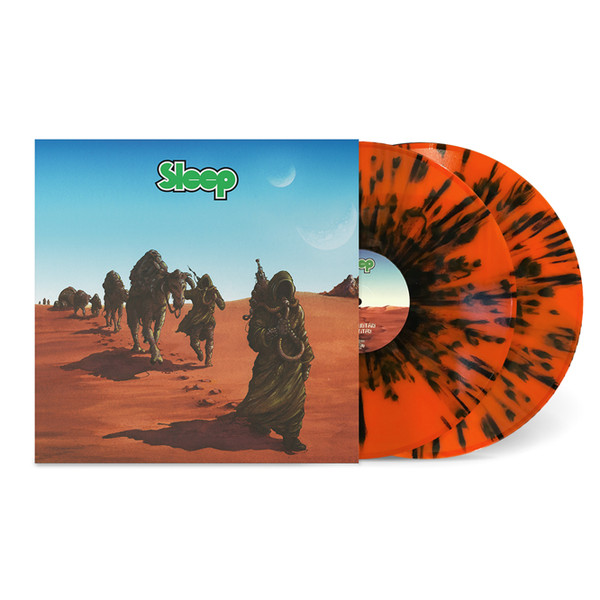
The band broke up (in retrospect, they've said, they were headed this way with or without London), and during the next decade, three labels issued unofficial bootlegs or unagreeable edits of Dopesmoker, or as the band later called it, Jerusalem. The label would never release it: After a series of contentious remixes and edits by a number of different hands hired by London, the imprint eked out a few cheap promos before deciding to can Sleep. Despite London's anxiety, technical troubles, and interpersonal tensions, Sleep finally finished the track in two month-long sessions. Bennett a decade later, London had approved the idea, but the deep pockets began to get concerned as soon as they started to hear the music. Their plan was to record the one-song album they'd been writing and testing live for at least four years. So after more than a year of legal wrangling to slip out of an old label contract, Sleep finally went with London and, in 1996, entered Record Two, the aforementioned well-equipped Northern California studio, with producer Billy Anderson and, as the fable goes, a lot of weed. London ostensibly signed off on such creative control. In the battle between Elektra and London Records, however, Sleep didn't seem so interested in who might pay the most to get their stoner rock on the air as guitarist Matt Pike, bassist Al Cisneros, and drummer Chris Hakius have said since, they wanted to go with the label that would pay for the album and mostly leave the music alone. But those records- 1991's Volume One and 1993's Holy Mountain- sported would-be singles, editable jams like "Holy Mountain", "Snowblind", and "The Wall of Yawn" that might have found a home on the radio dial in the filthy backwash of grunge.

The third album by a trio of 20-something San Jose, Calif., burnouts called Sleep, Dopesmoker resulted from a major-label skirmish over a band that had made two very good but not altogether great LPs of distorted, bluesy, and bleary-eyed rock.


 0 kommentar(er)
0 kommentar(er)
